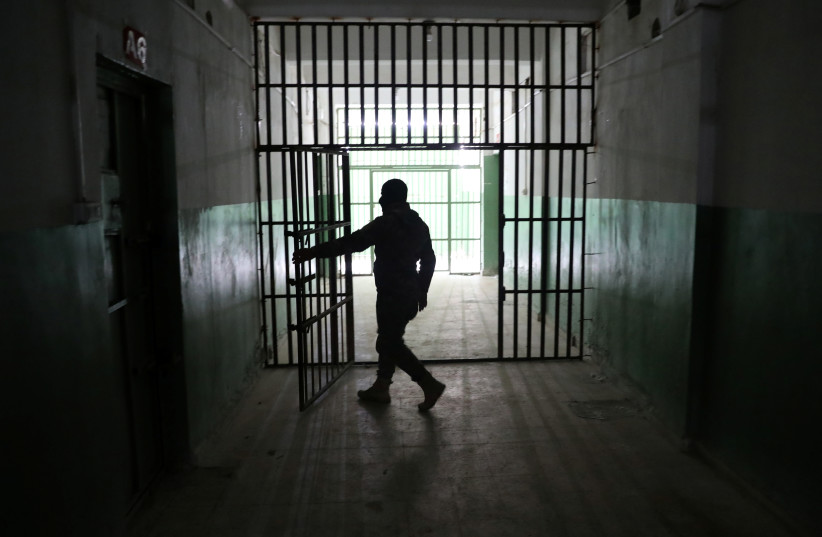Israel’s release of Dr. Muhammad Abu Salmiya, the director of Gaza’s Shifa Hospital, together with 50 other Palestinian detainees, and their return to the Gaza Strip on Monday was, as they say in Yiddish, a shanda – or, less delicately, a shameful screwup – that must be addressed.
The fact that government leaders and security agencies – from Prime Minister Benjamin Netanyahu and National Security Minister Itamar Ben-Gvir to the Shin Bet (Israel Security Agency) and Israel Prisons Service avoided accepting responsibility and instead blamed one another following news of the release only highlighted a defective system that needs correcting.
Abu Salmiya's arrest
First, let’s review the facts. IDF troops arrested Abu Salmiya in mid-November for allegedly allowing Hamas to use the hospital as a terror base. Among other things, Hamas terrorists murdered hostage Noa Marciano in the hospital complex before the IDF invaded it and uncovered a Hamas command and control center beneath it, as well as a tunnel system and a stash of weapons. The IDF also produced video evidence of Hamas terrorists taking two hostages – a Nepali and a Thai – into Shifa Hospital.
Abu Salmiya was detained while attempting to escape to southern Gaza through an IDF-operated humanitarian corridor, questioned by the Shin Bet, and held in administrative detention until this week.
As the Post’s military correspondent Yonah Jeremy Bob reported, Abu Salmiya had three court hearings, the last of which occurred in December. Since then, the public has been provided with no information about his status or explanation for why he was not indicted.

As Bob noted, the government, Shin Bet, and IDF have released several hundred Gazan detainees over many months, generally with no announcement and in the middle of the night. The reasons given are that the prisons are overcrowded and that there is insufficient evidence to charge them. Why, when there are still 120 hostages, are we freeing Gazans who helped Hamas? Why was Abu Salmiya freed, and who ordered the release?
The Prime Minister’s Office said, “The decision to release the prisoners followed discussions at the High Court on a petition against the detention of prisoners at the Sde Teiman detention facility,” and without the knowledge of the “political leadership.” He ordered an investigation and the convening of a team to examine the status of prisoners before they are released. “The identity of the released prisoners is determined independently by security officials based on their professional opinions,” the statement said.
Defense Minister Yoav Gallant said he did not know which detainees would be released, although he should have been briefed about the decision. “The authority for incarcerating security prisoners and their release is under the Shin Bet and the Israel Prison Service and is not subject to the approval of the defense minister,” his office said.
After social media showed Abu Salmiya being given a hero’s welcome in Gaza, Ben-Gvir – whose ministry oversees the nation’s prisons – slammed his release “along with dozens of terrorists,” calling it “security recklessness” and demanding the dismissal of Shin Bet Director Ronen Bar, over whom the prime minister has jurisdiction.
For its part, the Shin Bet said it was forced to send dozens of detainees back to Gaza due to a lack of space in jails to make room for more critical terror suspects while at the same time phasing out the Sde Teiman detention facility. It said its requests to increase the number of cells that had been forwarded to the National Security Ministry had been ignored.
According to the Israel Prison Service, Abu Salmiya was held at Nafha Prison, 100 km. from Beersheba, and not at Sde Teiman, which is 30 km. from the Gaza border. “Contrary to the false claims that have been published in recent hours, those who decided to release the director of Shifa Hospital were the IDF and Shin Bet – not the IPS,” it said. “IPS does not make decisions on its own to release prisoners of any kind and is only entrusted with the incarceration of prisoners.”
What a mess!
This matter must indeed be thoroughly investigated, and most importantly, someone needs to take responsibility for this shanda – so that, like October 7, it never happens again.
